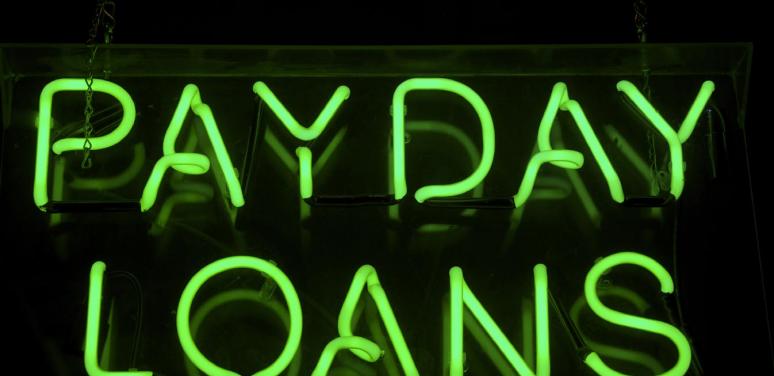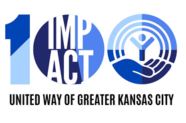Table of Contents
Avoid the PayDay Lender Trap

Article by Paul Shipp of Kansas Legal Services
The number of Payday lenders has grown at an oddly rapid rate over the past few decades, mainly in low income areas. Typically these lenders market directly to low income borrowers, notably those on a steady, fixed, and certain income. Borrowers are often at or below the poverty level; many live off only fixed incomes and are elderly or disabled.

The lenders boast that the borrower can get cash “Now!” and without a credit check. Advertising focuses on the borrower’s need for a quick fix in crisis conditions. The reality is that most borrowers who take out these loans trap themselves by mistake in an endless cycle of renewing the loan. The quick fix turns into a very stressful fiscal trap that often calls for the help of an advocate.
The borrower’s definite income is central to how the payday lender works. A payday loan is normally short-term and high-cost and has one single payment due on the borrower’s payday. Loans are commonly for $500 or less and the interest can range anywhere between 125% to over 700%. When a borrower takes out the loan they only have to produce a statement showing the amount of their assured income and proof of the day it is deposited. After a borrower is approved, a post-dated check is given by the borrower to the lender. Typically for a $500 loan, the borrower will write a check for $575. The borrower then agrees that the lender will cash the check on the due date unless the borrower comes back in person to discuss the loan. The Payday lender in fact banks on the borrower not being able to pay the loan back.
When the borrower appears at the Payday lender to explain they cannot pay the loan back, the lender commonly agrees to collect the interest and instantly renew the loan. A typical loan of $500 (for 30 days) usually has an interest fee of $75 (a 182.5% interest rate). When the borrower comes in to explain that they cannot afford to pay the $575 that day, the lender will accept the $75 interest payment. The lender then agrees to renew the loan until the next month. With renewal, the borrower will still owe $575 the next month-- having gotten nowhere but further behind in terms of money.
Most borrowers wanted the loan in the first place because they were short on cash when their fixed or low incomes could not meet their expenses. Loans are often taken out to pay common living expenses like rent, food, utility bills, car repairs, etc. When the next month comes and the borrower doesn’t have the money again the cycle continues. Basically the borrower is paying the lender $75, over and over and over, to not collect on the loan.
The lender is in a strong position. The borrower knows that, if the loan is not paid, the lender will cash the post-dated check, often making the borrower’s deposit account negative. Thus, bills and essential needs like rent, food, and bills will not be covered. If the check bounces then the borrower will incur added fees with their bank as well as with and the Payday lender. Even though Social Security and/or disability payments are protected by Federal law, they lose their protection if the recipient freely grants the creditor access to the funds. As a result, it can quickly become a desperate position for the borrower.
These cases often end terribly. The borrower ends up defaulting and not only owing the Payday lender extra fees, but also owing their own banks because of a negative account balance. Along with overdraft penalties, many banks also charge daily fees on overdrawn accounts. Payday lenders employ aggressive collection agencies to try and collect the loans and can garnish wages or take borrowers to court. Some borrowers take out other Payday loans to prevent the catastrophe that will sooner or later happen when the first Payday loan defaults. These loans should be avoided. If you or someone you know is caught up in this trap and need help please contact Kansas Legal Services, 316-267-3975 for free legal help from a licensed attorney.
Check out these related pages and sections
Payday Lenders
Attorney General on Payday Loans
How We Punish People for Being Poor



